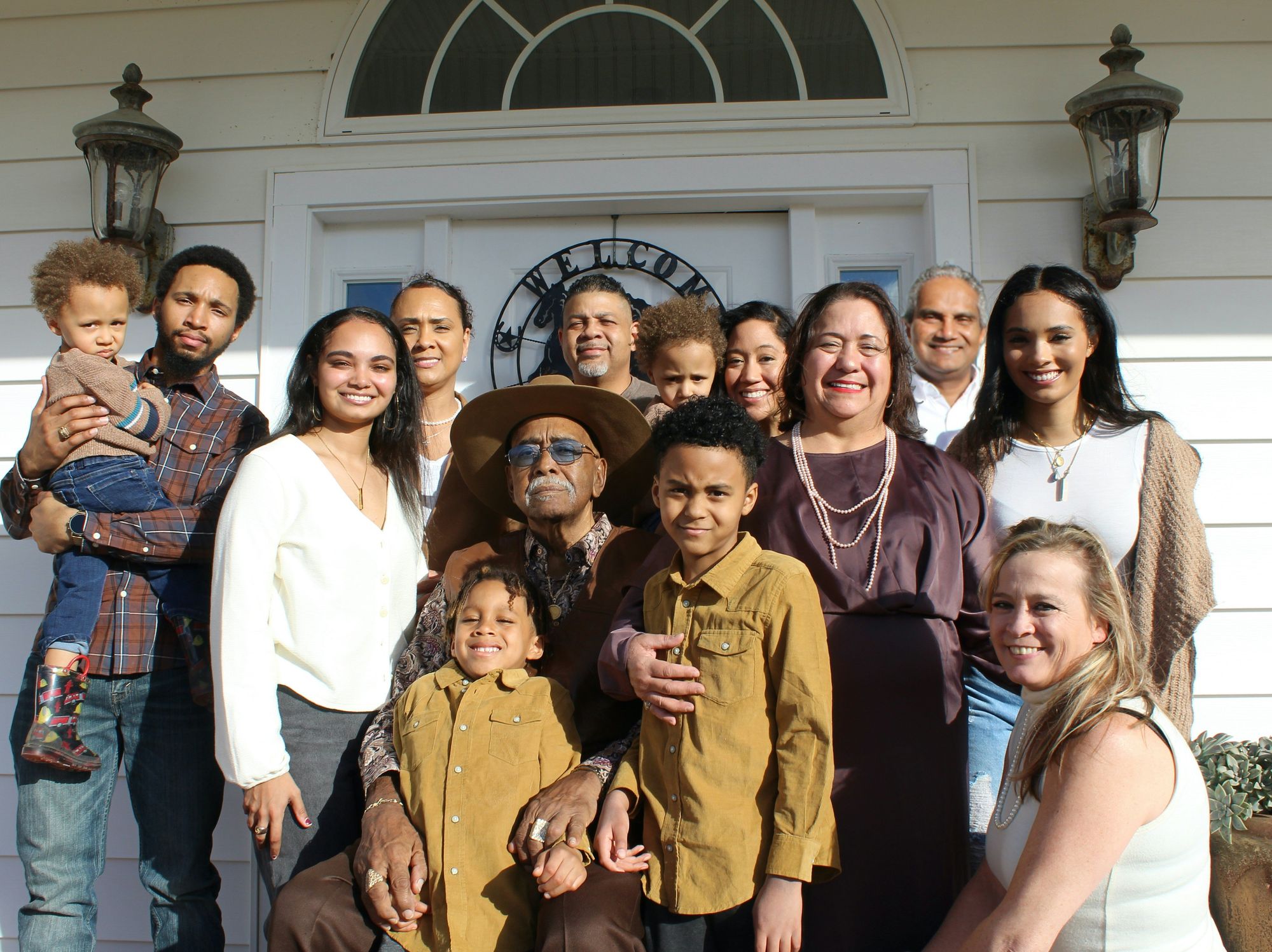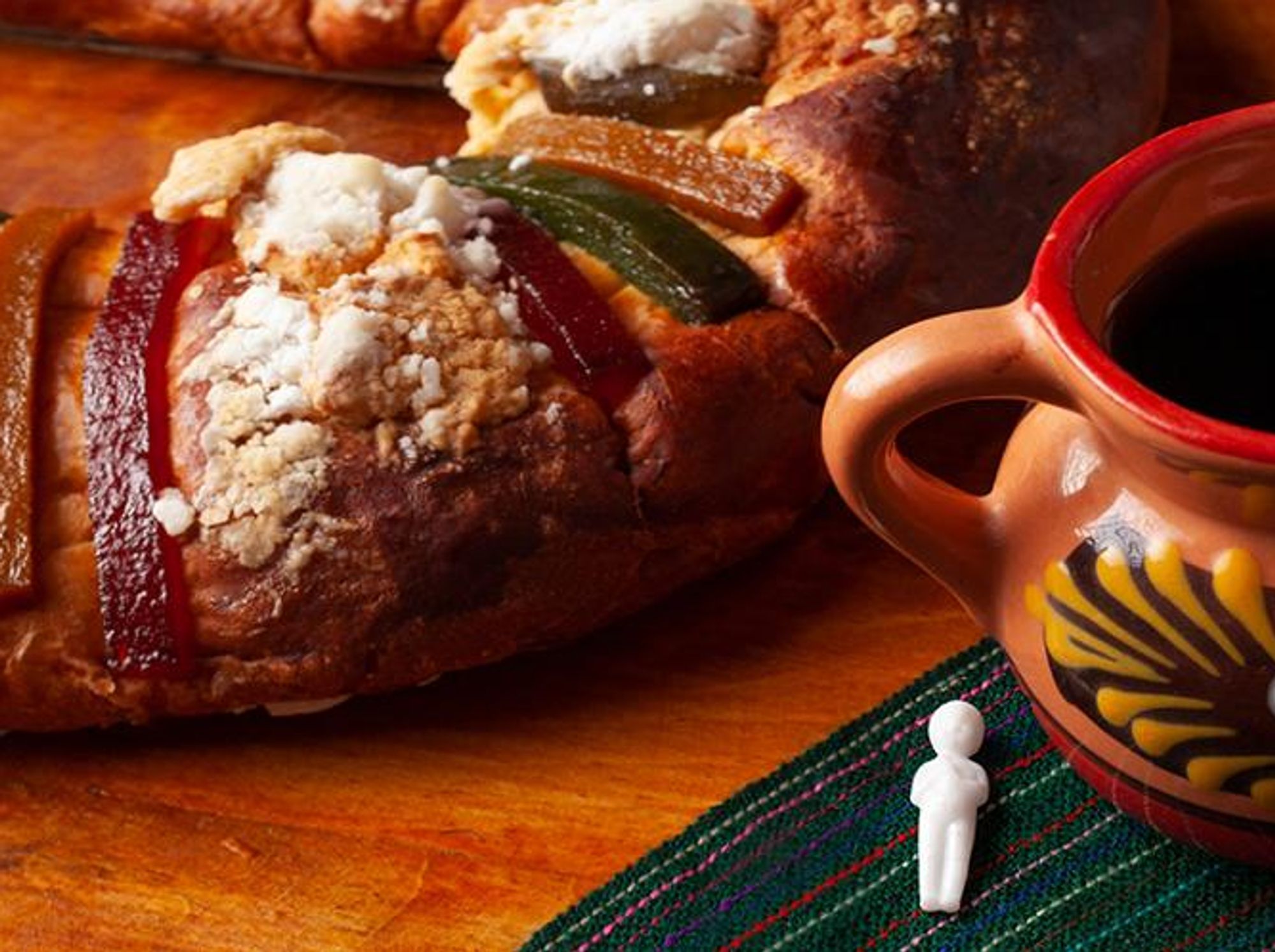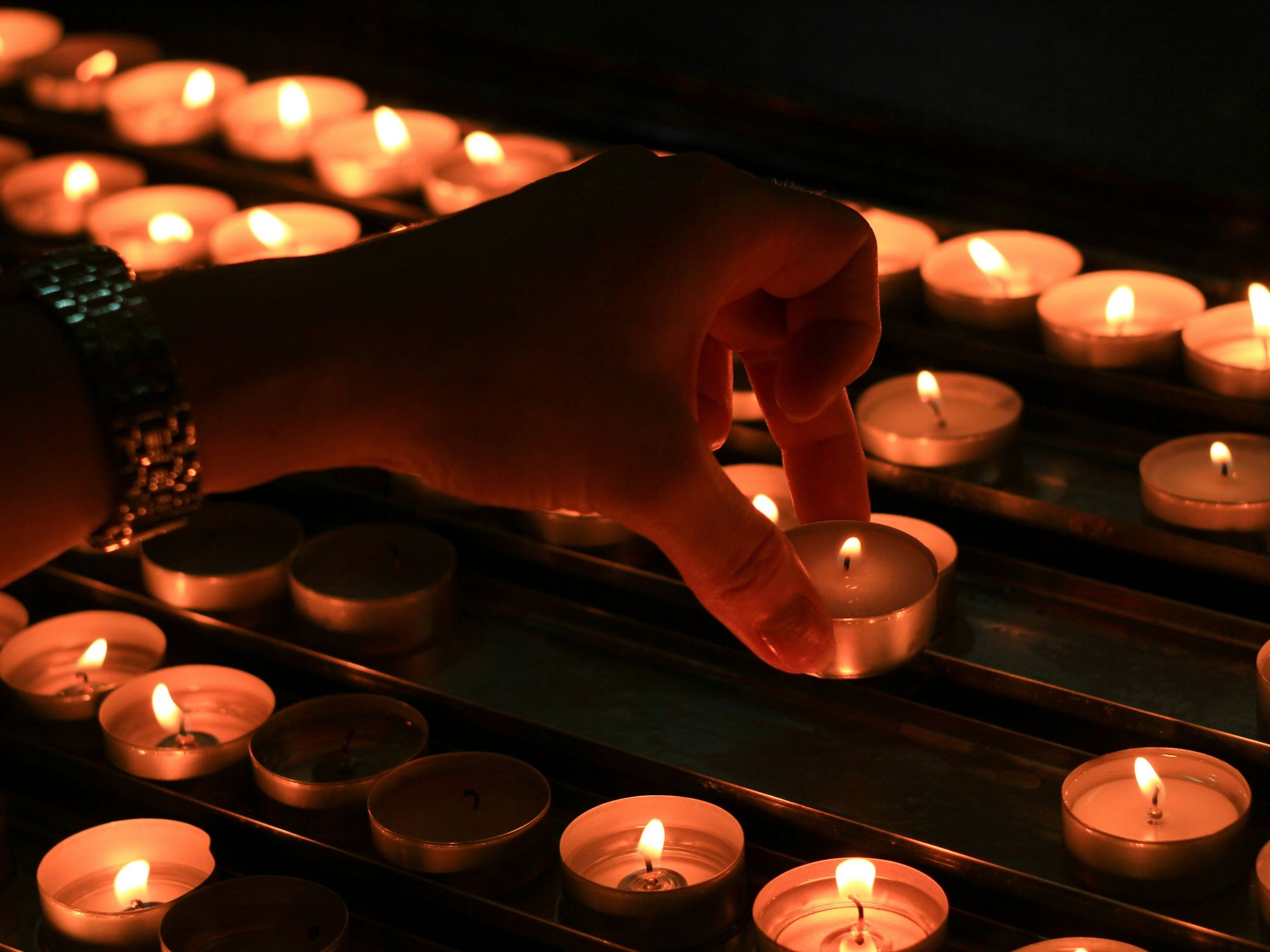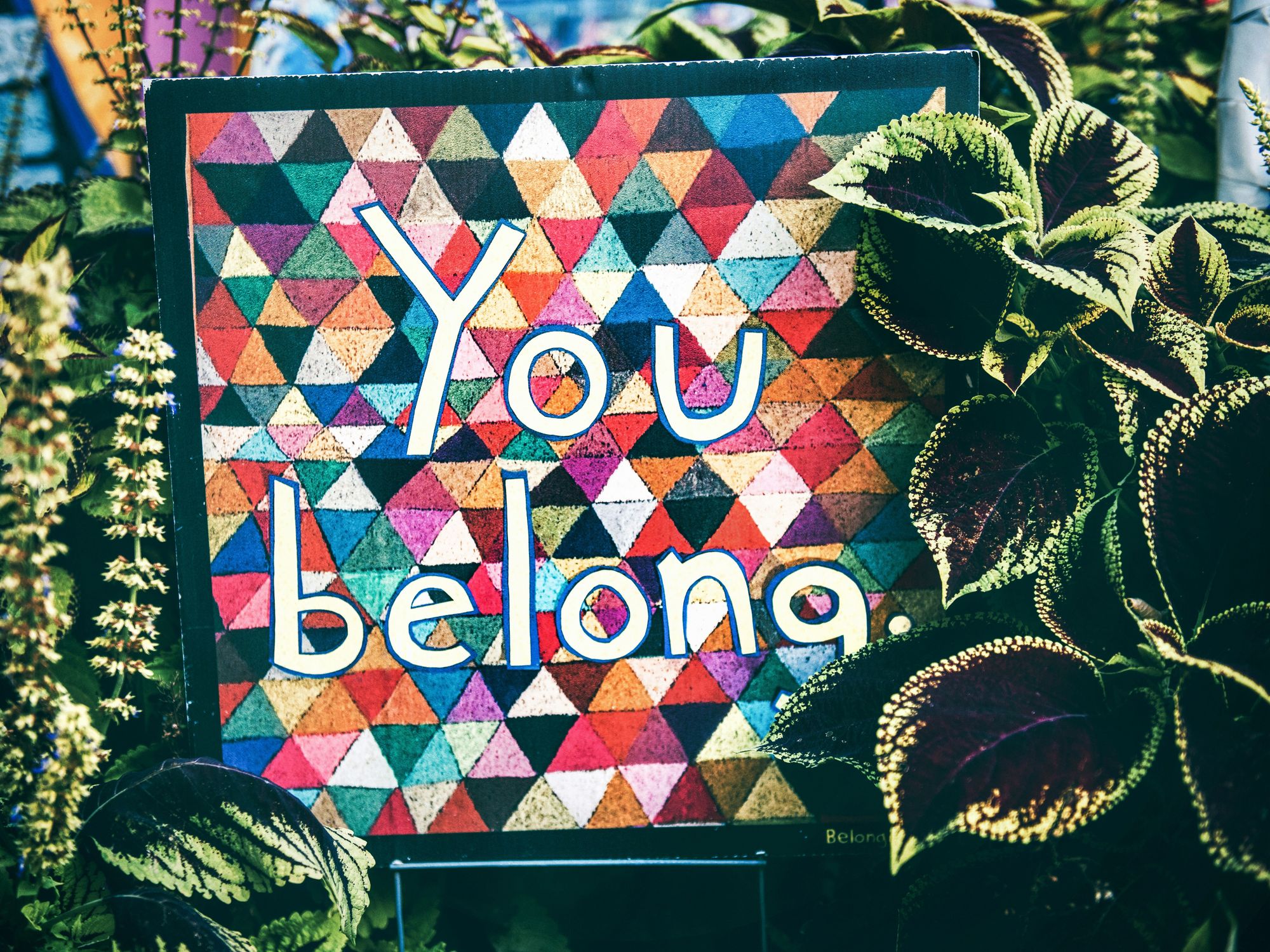The Struggle is Real: Experiences only U.S. Latinas Will Understand

Living in the United States as a Latina woman comes with its own set of experiences, challenges, and joys. From navigating cultural differences to embracing our heritage, Latina women living in the U.S. share a unique perspective. Here are 10 things that unite us:
The struggle with our dual identity
 Photo by Matthew Moloney on Unsplash
Photo by Matthew Moloney on UnsplashBalancing between two cultures can sometimes feel like walking a tightrope. Dual identity feels like straddling our heritage and American upbringing, trying to honor both without losing our authentic selves. Connecting with other Latinos having the same experience can be very grounding!
The art of code-switching
 Photo by Bewakoof.com Official on Unsplash
Photo by Bewakoof.com Official on UnsplashSwitching between languages and cultural norms depending on the situation is second nature for many Latina women in the U.S. Whether it's speaking Spanish at home and English at work or adjusting behavior to fit different social contexts, code-switching is a skill we have mastered out of necessity.
The certainty that family is everything
 Photo by Rajiv Perera on Unsplash
Photo by Rajiv Perera on UnsplashFamily comes first, always. Latina women foster strong family ties and prioritize spending time with loved ones, even if they don’t always get along. From large gatherings filled with laughter and food to relying on family for support during tough times, family is the cornerstone of Latinos’ lives.
Never skip celebrating traditions

Whether it's observing cultural holidays like Día de los Muertos or embracing traditions passed down through generations, Latina women take pride in their heritage and celebrate it without reservation. From music and dance to food and customs, traditions keep them connected to their roots and it’s a great way to find community in a foreign land.
The weight of doing well
 Photo by Jennifer Marquez on Unsplash
Photo by Jennifer Marquez on UnsplashLatina women often feel the weight of expectations placed on them by their families and communities. Not to mention society! The pressure of proving ourselves in a place that may underestimate us is something that has become part of our reality. That said, it’s okay to just be. You don’t have to prove anything to anyone but yourself.
The struggle with beauty standards

Dealing with societal standards of beauty can be particularly challenging for Latina women, as we often face unrealistic expectations regarding body shape and size. That said, celebrating diverse beauty standards is more prominent than ever and it becomes very empowering in a culture that promotes such narrow ideals.
Navigating machismo in everyday life

Photo by Paul Lowry on Wikimedia Commons
Latina women frequently encounter machismo, that nasty cultural attitude that upholds traditional gender roles and emphasizes male dominance. From subtle sexism to overt discrimination, Latinas have become experts in navigating these dynamics, which adds to our self-assurance and empowerment.
Understanding the importance of faith
 Photo by Frantisek Duris on Unsplash
Photo by Frantisek Duris on UnsplashWhile not all Latinas are religious, we all have some spirituality within us. For some, religion plays a major role in providing strength, guidance, and a sense of belonging. For others, practicing spirituality in the form of meditation or any other practice is a great way to stay grounded and be more aligned in our daily lives.
Juggling bicultural cuisine
 Photo by Edgar Castrejon on Unsplash
Photo by Edgar Castrejon on UnsplashThe kitchen is where cultural fusion truly shines for Latina women in the U.S. From abuela's recipes passed down through generations to adding a spicy twist to classic American dishes, our bicultural takes on dishes make life quite fun. Especially for our gringo friends, who often enjoy our vibrant and flavorful interpretations.
The beauty of embracing diversity
 Photo by Tim Mossholder on Unsplash
Photo by Tim Mossholder on UnsplashLatina women in the U.S. come from diverse backgrounds, representing a variety of countries, ethnicities, and experiences. Despite these differences, there's a sense of solidarity and sisterhood that transcends borders and unites us in this journey.
- You Grew up Latino if You Recognize These 20 Things ›
- Not All Latinos Speak Spanish – And They Don’t Need To ›
- We Fit No Mold: Latinidad in America ›











